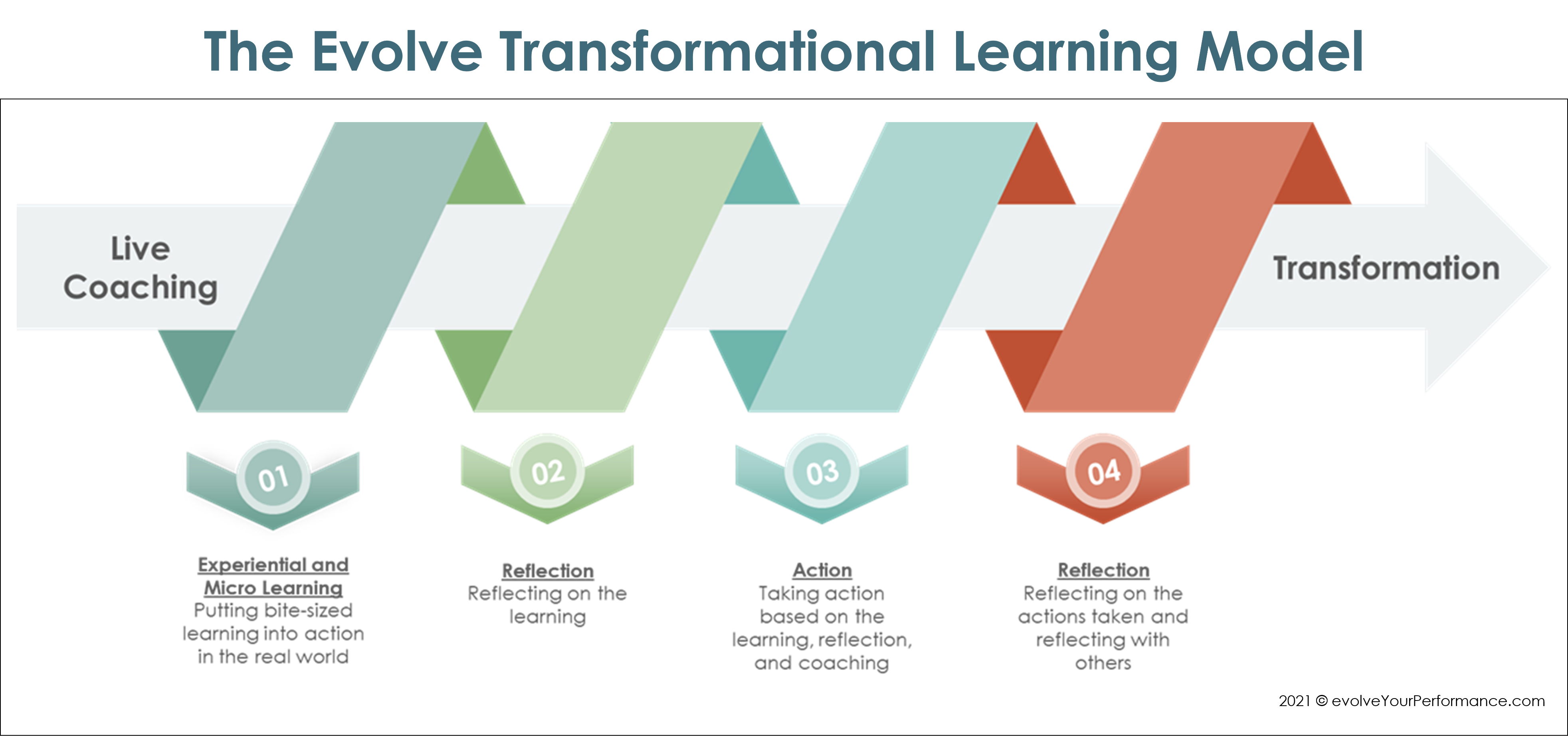Do you remember your first job?
Mine was a city government job managing summer hires. Hilarious, in retrospect, because I was 16, maybe 17 (don’t laugh, it was a while ago,) and I had zero supervisory experience. Now, it’s important to note that I could do ALL of the jobs the summer hires were asked to do, and I did them well. So well, in fact, I often times found it easier to do the jobs myself rather than try to manage a spirited group of young people who would have preferred to have been anywhere else. I thought I did pretty well. Even though I did the job of several people, the work was done, and it was done right. Even on the long, busy days, I was proud of the work I did. I rocked at this.
Nothing gives you perspective like the immediate, hard, not always sensitive feedback of sassy kids. To this day, I both smile and shudder at their brutal honesty – and I find it missing in many dealings with adults today.
I found out quickly that the only person who thought I rocked at my job was me. The kids weren’t impressed by my ‘do-it-yourself’ style – in fact, they thought it meant I didn’t trust them to do the jobs they were hired to do. My overreach blurred the roles, and my lack of communication ensured that people found they didn’t know what was expected of them. My bosses might’ve thought I was a good employee, but it was clear that I wasn’t a good manager.
Business as Usual
Companies have a tendency to do business in a very traditional manner. When an individual excels at the job they were hired to do, management wants to incentivize said employee by promoting them to ensure the good work keeps coming. With most positions, this is a fairly straightforward progression – the individual contributor who hits all their targets becomes the team leader. The team leader who continues to succeed both with their targets and their new accountabilities becomes a manager.
This trajectory makes a lot of sense in certain corporate cultures. For sales professionals, this is an easily manageable transition. “I am exceptional at selling my widgets/projects/ideas, and I understand our operating principles and our market advantage, so paying me more money to supervise other sales professionals and help them develop their selling strategies is an intuitive, natural next step.” This progression path also makes sense for customer service professionals. “I understand our product, policies, and best practices, so promoting me to manage other customer service agents is an easy way to ensure continued success and continuity.” No-brainer, right?
While a transition from individual contributor to manager in these positions brings new challenges and accountabilities and is undoubtedly far from seamless, the culture of these industries doesn’t change significantly from individual contributor to manager. But what about technicians?

From Technical Mastery to Leadership Development
Technical experts work a little differently. They have, through education and performance, demonstrated mastery in their fields – but their metrics and targets are calculated and measured differently. They tend to operate alone and take great singular accountability for the outcome of a project. Rather than hitting large sales numbers or satisfactorily assisting numerous customers, they get noticed for their technological acumen. When their performance gets them promoted to a managerial position, they have to shift to an entirely different culture; one that isn’t as focused on development, implementation, and execution – but on financial priorities, office politics, and people management. One that uses airy corporate speak instead of precise, quantitative technical language. For a technician, it’s a whole new world. One their knowledge and experience might not have prepared them for.
All is not lost, though. There are ways to ease your superstar technician into a leadership role.
How to Build Your Best Leaders
It is incumbent on leadership to ensure new recruits into management receive the training and support that they need to thrive in their new roles. Ensure that newly minted technical managers understand the need to delegate. All of those fun assignments they loved completing as individual contributors need to be handed off so they can focus on big-picture team and company goals.
It’s also imperative to create and maintain a feedback loop. Employees need to hear how they are doing. They need to know if they are being perceived the way they believe themselves to be. The way they are viewed should not be a surprise. Schedule formal meetings monthly or quarterly, and have informal check-ins even more regularly. Establish a 360 kind of style where they can hear from leadership at all levels and their team as well. The feedback I received those five years ago when I was 16 influenced how I communicated, how I managed, and how I collaborated with people in every position I’ve had since.
Promotions are a big deal. They are an acknowledgment of, and a reward for, superior performance. Remember that transitioning to the demands of leadership isn’t always intuitive – management may be a horse of a different color for a technician, and they should be given the tools to succeed.
Evolve has developed a Transformational Learning Model that works exceptionally well to help supervisors and managers to become true leaders of high-performing teams. It incorporates experiential and microlearning with deliberate reflection and action, all with a cohort coaching model to help the participant and his/her team transform over the course of a year. Between the cohort format providing peer support, real-time learning, and group coaching, the program transforms the participant into a leader that engages and empowers their teams. 
If you are interested in learning more about the leadership program or talking about how you might be able to implement the Transformational Learning Model in your organization, you can book a time to meet with Mary directly at https://TimeWithMary.com.
Or maybe, they should just be given a summer with some all-too-honest kids. : )





